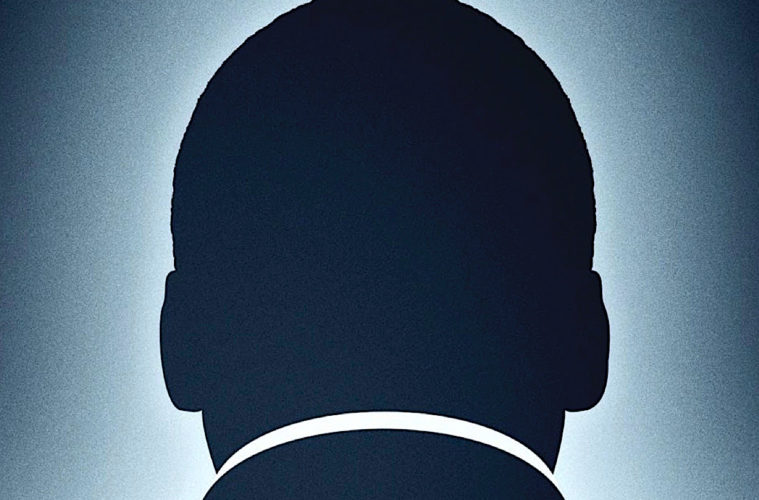It’s long been known that J. Edgar Hoover and the FBI bugged Martin Luther King, Jr.’s phones, his home, and the many hotel rooms he stayed in during his nonstop travels, but the depth of that snooping has never been so artfully reported as it is in director Sam Pollard’s MLK/FBI, a documentary film as direct and unaffected as its title.
Pollard begins in 1963 when the sight of thousands of Black Americans uniting for the March on Washington so alarmed Hoover that he convinced a gullible Attorney General Robert Kennedy to let him open a wiretap on King.
The two men had only met in person one time. King had just won the 1964 Nobel Peace Prize, enraging Hoover, who loathed the civil rights leader and promptly insulted him in the press. President Johnson demanded the two meet and make nice, but Hoover reportedly lectured King nonstop for an hour on the evils of communism and the glories of the FBI, while just outside, an agent showed a reporter a photo of King leaving a motel room with a woman who wasn’t his wife.
The FBI’s initial focus was on Communist influences in King’s immediate orbit but the provocative motel audio tapes showed a side of King’s private life that if revealed, could be his undoing, Hoover doubled-down. G-Men followed King everywhere, non-stop, including on the day he was assassinated (though they somehow failed to notice a sharpshooter in their midst). The listening device campaign was expanded but so too was an overt campaign of threats and taunts including the day a “greatest hits” audio cassette of King’s indiscretions was sent to the Reverend and his wife Coretta, along with a blackmail letter advising King to kill himself.
With the FBI audio surveillance tapes of King set to be released to the public by the National Archive in 2027, historians and King colleagues in MLK/FBI wonder aloud if we really want to hear the tapes. If we listen in on King’s most personal and private moments, do we become complicit in Hoover’s amoral assault on his life? The answer is simple, and not, all at once.
Pollard keeps his narrators off-screen, choosing instead to direct our focus to King’s face and to his language, which can still, half a century later, knock you sideways with its eloquent specificity. Old quotes end up speaking directly to our turbulent present, such as when a reporter asks King why the Black immigrant in particular has made so little progress in overcoming prejudice in America. His reply:
“The fact is that the Negro was a slave in this country for 244 years. That act, that was a willful thing that was done. The Negro was brought here in chains, treated in a very inhuman fashion. This led to the thingification of the Negro. So he was not looked upon as a person. He was not looked upon as a human being with the same status and worth as other human beings.
…And when white Americans tell the Negro to lift himself by his bootstraps they don’t look over the legacy of slavery and segregation. I believe we should do all we can and seek to lift ourselves by our own bootstraps but it’s a cruel jest to say to a bootless man that he ought to lift himself by his own bootstrap.”
Martin Luther King, Jr. would have been 92-years-old this week.
Screening at Arena Cinelounge Drive-In, now thru Jan. 21 (various showtimes) and on VOD.
Advertising disclosure: We may receive compensation for some of the links in our stories. Thank you for supporting LA Weekly and our advertisers.

